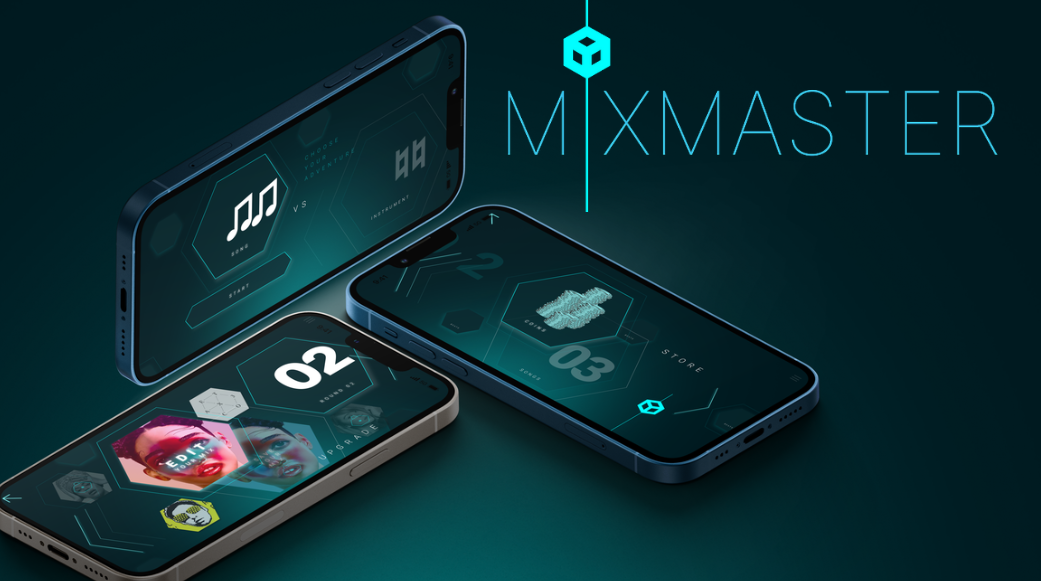
October 23, 2025
Discover how Mix Master strengthens your brain just like an instrument - training focus, creativity, and emotional intelligence through the science of sound.
Read more.png)
September 8, 2025
Tools like Suno are now powerful enough to generate melodies, lyrics, and even full songs in seconds. That’s exciting—and controversial. Just ask Timbaland. Recently, he came under fire..
Read more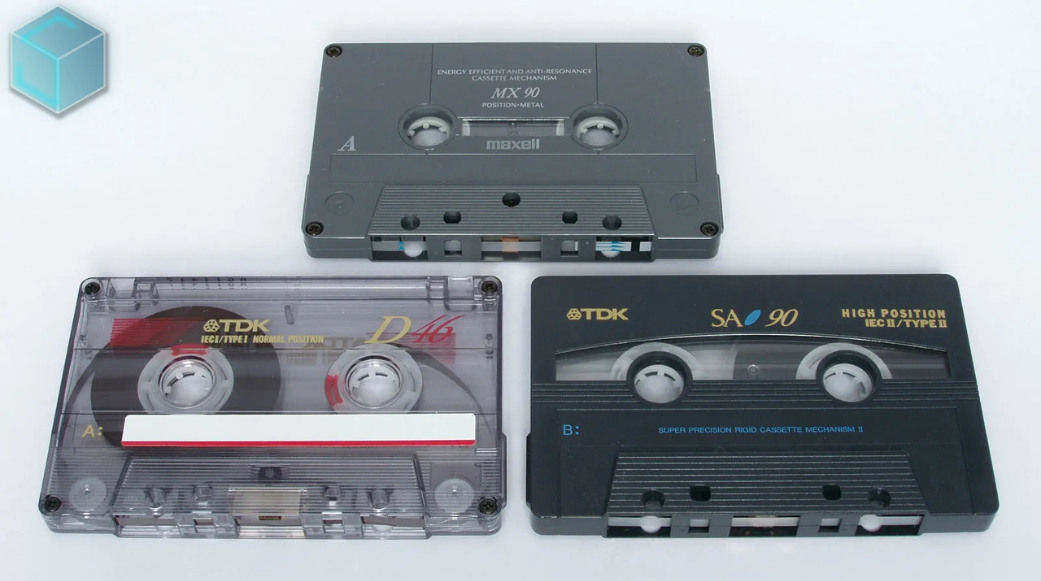
August 23, 2025
The 1980s and 1990s analog music medium known as cassette cassettes is experiencing an unanticipated comeback, with Gen Z spearheading the trend. Taylor Swift, who included cassettes in the release...
Read more
August 23, 2025
This week's most notable headline: Doja Cat's erotically charged, '80s-inspired music video, "Jealous Type," is dominating social media feeds and cultural discourse, marking her most daring...
Read more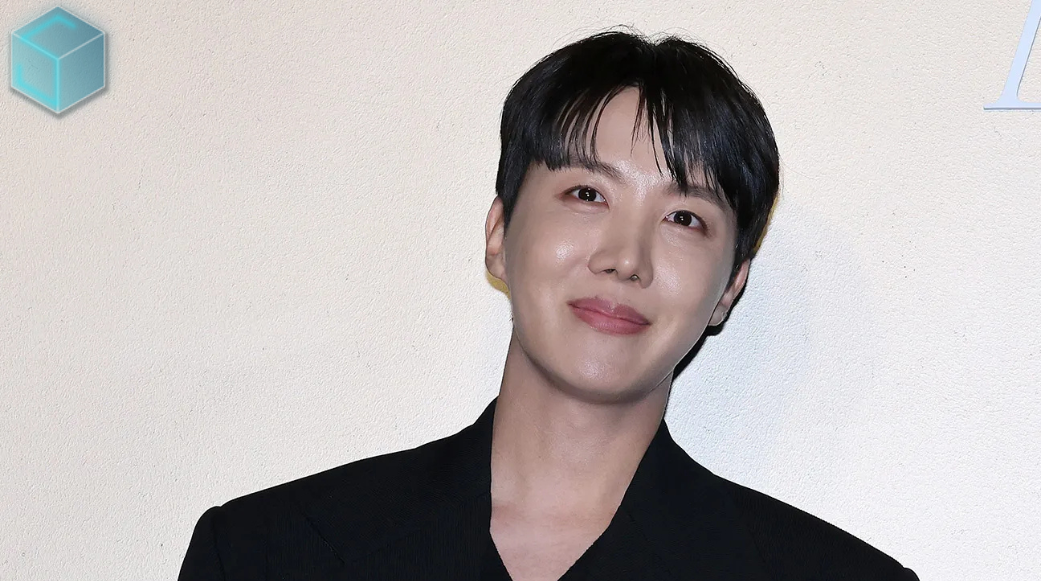
August 23, 2025
J-hope and GloRilla's "Killin' It Girl," a spectacular blend of K-pop flare and shameless hip-hop heat that has taken the world by storm, is this week's winner of the Best Collaboration of Summer...
Read more
August 23, 2025
Carly Rae Jepsen is giving fans the ultimate gift for the 10th anniversary of her critically adored album Emotion: a special edition featuring four never-before-heard tracks and two fresh remixes...
Read more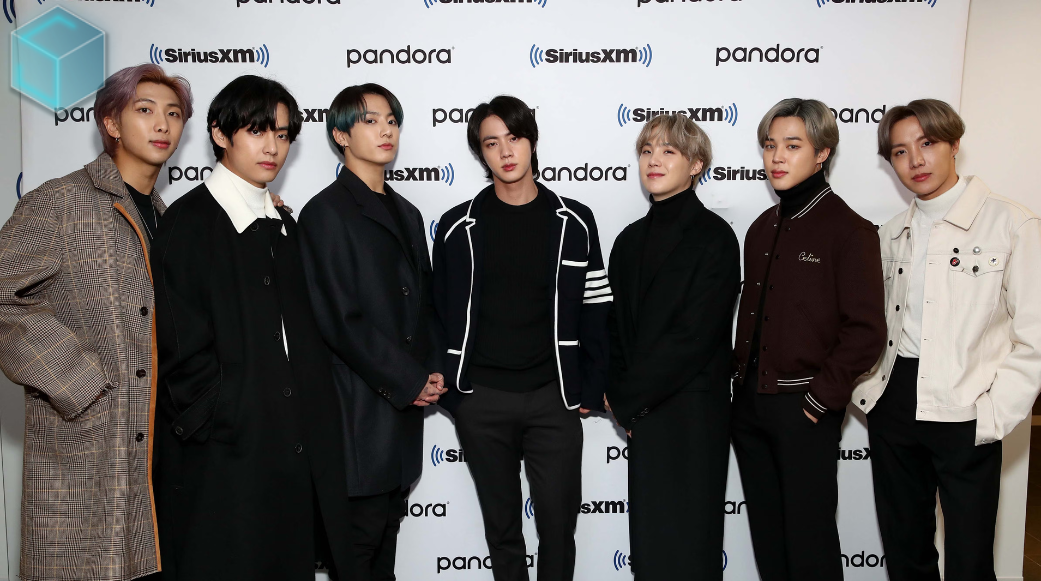
August 23, 2025
The wait is over, ARMY! BTS is officially back together and balancing work and play in their first moments of reunion after completing mandatory military service. J-Hope sent fans into a frenzy...
Read more
August 23, 2025
Christian music stepped outside of its quiet comfort zone in 2025. "Hard Fought Hallelujah," a worship song by Brandon Lake, went platinum, sold out festival stages, and exploded from churches to...
Read more
August 23, 2025
In late July 2025, Christian artist Forrest Frank (of Surfaces, now a solo juggernaut in faith-pop) posted from a hospital bed: he’d fractured his L3 and L4 vertebrae in a skateboarding accident...
Read more
August 21, 2025
On September 16, the masked metal phenomenon Sleep Token will embark on their 2025 "Even In Arcadia Tour" across North America. The 18-show tour, which includes a huge date at Brooklyn's Barclays...
Read more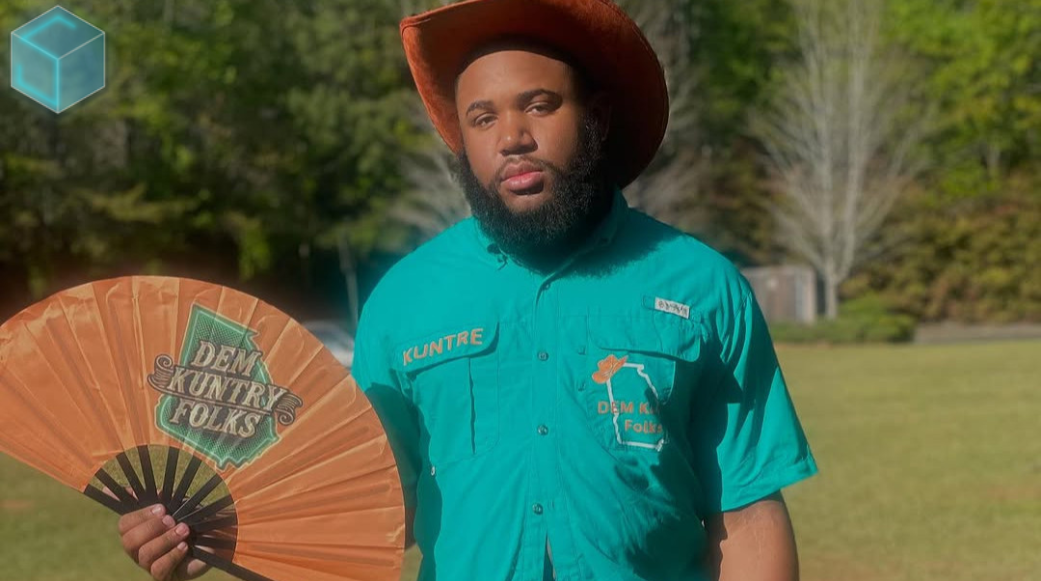
August 21, 2025
Due to a line dance that went viral and won over fans' hearts both inside and outside of the United States, 22-year-old Tre Little's song "Boots on the Ground" has become a cultural sensation this...
Read more
August 21, 2025
In addition to preparing for her next album, The Life of a Showgirl, Taylor Swift is reviving the physical medium this week by putting her songs on cassette tapes. This sentimental action...
Read more.png)
AI in music has gone from sci-fi fantasy to daily reality. Tools like Suno are now powerful enough to generate melodies, lyrics, and even full songs in seconds. That’s exciting—and controversial. Just ask Timbaland. Recently, he came under fire for reportedly using music sent to him for review to train his Suno model without permission. For many creators, that felt like crossing a line.
So here’s the big question: should you use Suno in your workflow? The answer depends on how you approach it. If you’re the type who wants to stay ahead as an early adopter—not resisting new tools but also not handing over the keys to your artistry—then Suno can be a powerful ally. The trick is making sure you’re the creator, and Suno is just a tool.
AI has always sparked debate in creative communities. When Kanye West leaned into Auto-Tune on 808s & Heartbreak, people called it a gimmick. Now, it’s a standard tool in modern music. When Billie Eilish and Finneas started experimenting with extreme vocal layering, it sounded strange to some—but it defined an entire era of pop.
Suno is today’s version of that debate. Critics argue it’s cheating, while supporters say it’s no different than using a sampler or loop pack. Both sides have a point. The real danger is not the tool itself, but what you do with it. If you lean on AI to do everything, you’ll lose your artistic identity. But if you treat it like a collaborator that sparks ideas, you can level up without losing your voice.
Here’s the truth: humans are naturally lazy. We gravitate toward the path of least resistance. That’s why preset packs, ghostwriters, and sample libraries exist. AI just happens to be the newest shortcut.
But laziness doesn’t have to be a dealbreaker. If you let Suno replace your creativity, your music will sound generic. If you use it to free up time and mental space so you can focus on the details that matter, it becomes a growth tool.
Think about Timbaland again: people weren’t upset because he used Suno. They were upset because he allegedly skipped the human respect part of the equation. That’s the risk of laziness—you cut corners that compromise trust, originality, or taste.
No matter how good AI gets, the one thing it can never replicate is your taste.
Taste is what tells you a beat feels too cluttered, a lyric feels off, or a melody makes you feel something. It’s why Pharrell can hear a loop and transform it into a global hit, while someone else might shrug it off. Suno can generate endless ideas, but only your taste can filter those ideas into something that sounds authentically you.
If you train your taste—by studying great records, experimenting with sound design, and sharpening your ear—you’ll never be outshined by an algorithm. Taste is your compass, and Suno is just one more brush in your toolkit.
Here are four practical ways to use Suno effectively:
The Timbaland controversy shows the risks: if you’re lazy, careless, or disrespectful with how you use AI, it backfires. But if you’re thoughtful, disciplined, and guided by taste, Suno can be a powerful tool in your workflow.